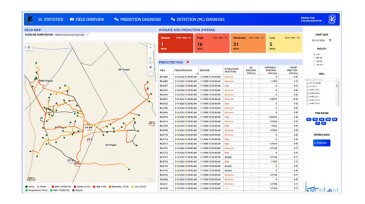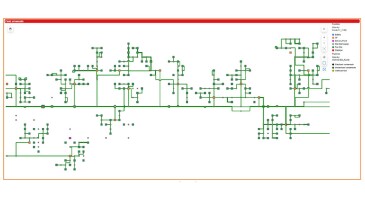AI/machine learning
Aurora Innovation and Detmar Logistics have inked a deal for 30 autonomous trucks that will begin hauling sand in the region next year.
Sustainability in reservoir management emerges not from standalone initiatives but from integrated, data-driven workflows, where shared models, closed-loop processes, and AI-enabled insights reduce fragmentation and make sustainable performance a natural outcome.
Sponsored
In oil and gas operations, every decision counts. For more than 2 decades, SiteCom has been the trusted digital backbone for well operations worldwide, driving insight, collaboration, and efficiency.
-
This study presents a novel hybrid approach to enhance fraud detection in scanned financial documents.
-
This paper describes a machine-learning approach to accurately flag abnormal pressure losses and identify their root causes.
-
Even as industry faces policy and tariff uncertainty, companies view spending on digital transformation as a driver of efficiency.
-
The Tela artificial intelligence assistant is designed to analyze data and adapt upstream workflows in real time.
-
This paper discusses a comprehensive hybrid approach that combines machine learning with a physics-based risk-prediction model to detect and prevent the formation of hydrates in flowlines and separators.
-
Adaptability, collaboration, and digital technologies are all pages in Aramco’s oilfield R&D playbook.
-
In this third work in a series, the authors conduct transfer-learning validation with a robust real-field data set for hydraulic fracturing design.
-
This research aims to develop a fluid-advisory system that provides recommendations for optimal amounts of chemical additives needed to maintain desired fluid properties in various drilling-fluid systems.
-
This paper explains that the discovery of specific pressure trends, combined with an unconventional approach for analyzing gas compositional data, enables the detection and prediction of paraffin deposition at pad level and in the gathering system.
-
Industry experts dissected the challenges in deploying artificial intelligence across the energy sector during a special session at SPE’s Annual Technical Conference and Exhibition.
Page 1 of 43













